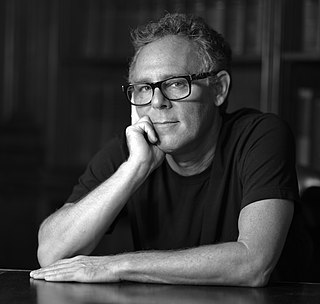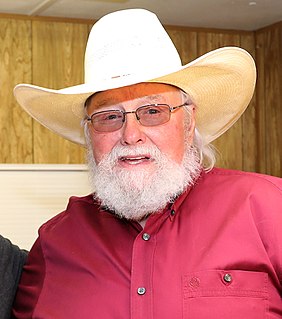A Quote by Bryan Burk
And then simultaneously I don't think they're asking you to necessarily write in stone that this is what you're going to do or what you have to do.
Quote Topics
Related Quotes
Every thing thinks, but according to its complexity. If this is so, then stones also think...and this stone thinks only I stone, I stone, I stone. But perhaps it cannot even say I. It thinks: Stone, stone, stone... God enjoys being All, as this stone enjoys being almost nothing, but since it knows no other way of being, it is pleased with its own way, eternally satisfied with itself.
I write what I want to write, and then, when it's finished, I use my judgment to see whether or not I think it's intrusive. If it is problematic, then I ask those involved. I won't necessarily do what they say. But I do consult. I haven't had too many problems. Nobody's really gotten angry at me. Nobody, as far as I know, has felt betrayed.
I'm such a believer in going to set, even when you're not work because I think the best things to be learned, you don't necessarily get from your own scene or from someone speaking to you and telling you advice. I think it's all about watching and just taking it all in. It's not even when the cameras are rolling, necessarily. You can see how they interact with the rest of the crew, and how they deal with being a character and then being themselves.




































